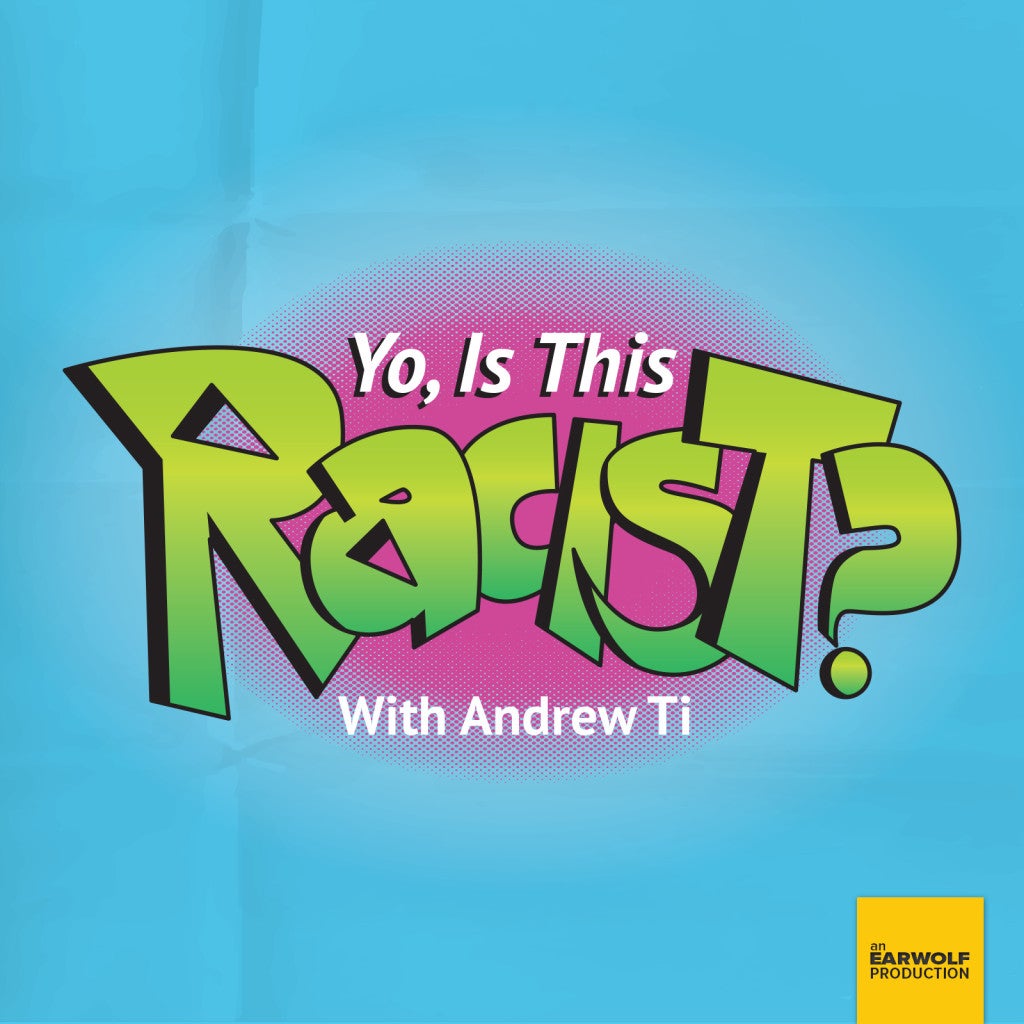Often when I listen to podcasts, I find myself unfamiliar with some of the terminology being used. Even more often, I find myself forgetting them after I’ve looked them up in the dictionary.

(Check out our Instagram for new comics weekly!!!)
I’m probably not the only one with this problem, so how do I retain this information?
Well, the easiest way to do this is to learn, not memorize. If you want to build your vocabulary and knowledge on certain topics, you have to put an effort.
And this is really fun when you find a topic you’re really interested in! Here’s what I do:
- I engage with multiple forms of language that discusses a topic I’m curious about: novels, blogs, comics, podcasts, videos, and songs
- Whenever I run into a term I’m not familiar with, I write it down
- I research these terms; I read a few articles and blogs that have examples to obtain a general idea of the term
- I try to find multimedia resources to keep me interested: videos, podcasts, and songs
- I look at related topics or terms that I’m familiar with
- I practise and use it

So I discussed it with my friends and roommates. Some of them knew what it was, some didn’t. All helped with my understanding of the term.
I later chose to write a proposal paper on gentrification for a class. I consulted peer-reviewed articles and journals, blog posts, and books. Because of this, I now have a pretty firm grasp on what gentrification is and the implications that come with it. The multiple sources I used gave me context: I knew what it discussed, why it existed, and how it functioned.

(Image from PicShag)
And this is something you can use with any form of language, be it slang or academic jargon.
What I do is essentially end up falling into a Wikipedia hole for several hours.
Outtie,
Jameson